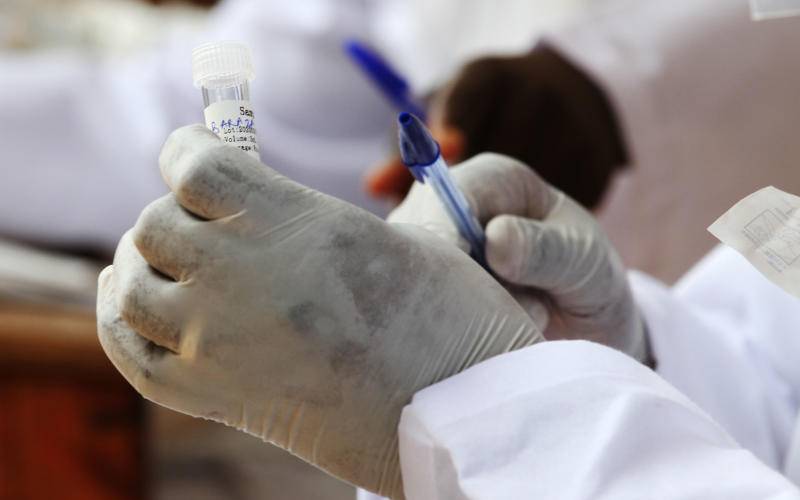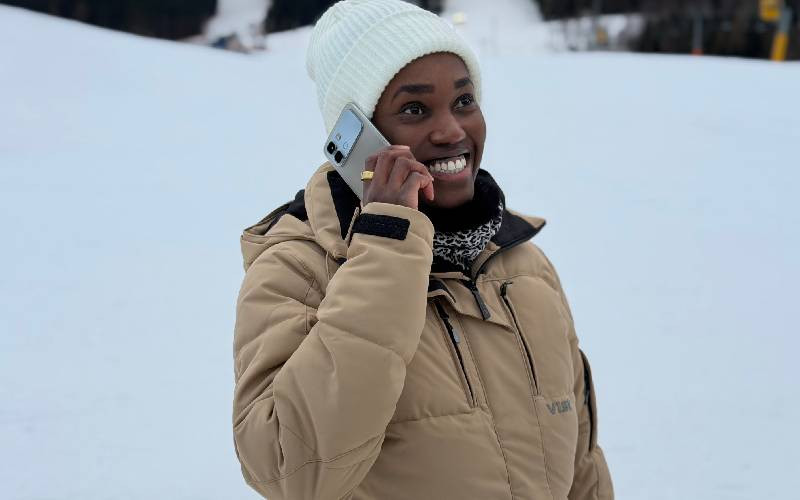×
The Standard e-Paper
Kenya’s Boldest Voice

Covid-19 patients may experience more severe symptoms the second time they are infected, according to research released Tuesday confirming it is possible to catch the potentially deadly disease more than once.







